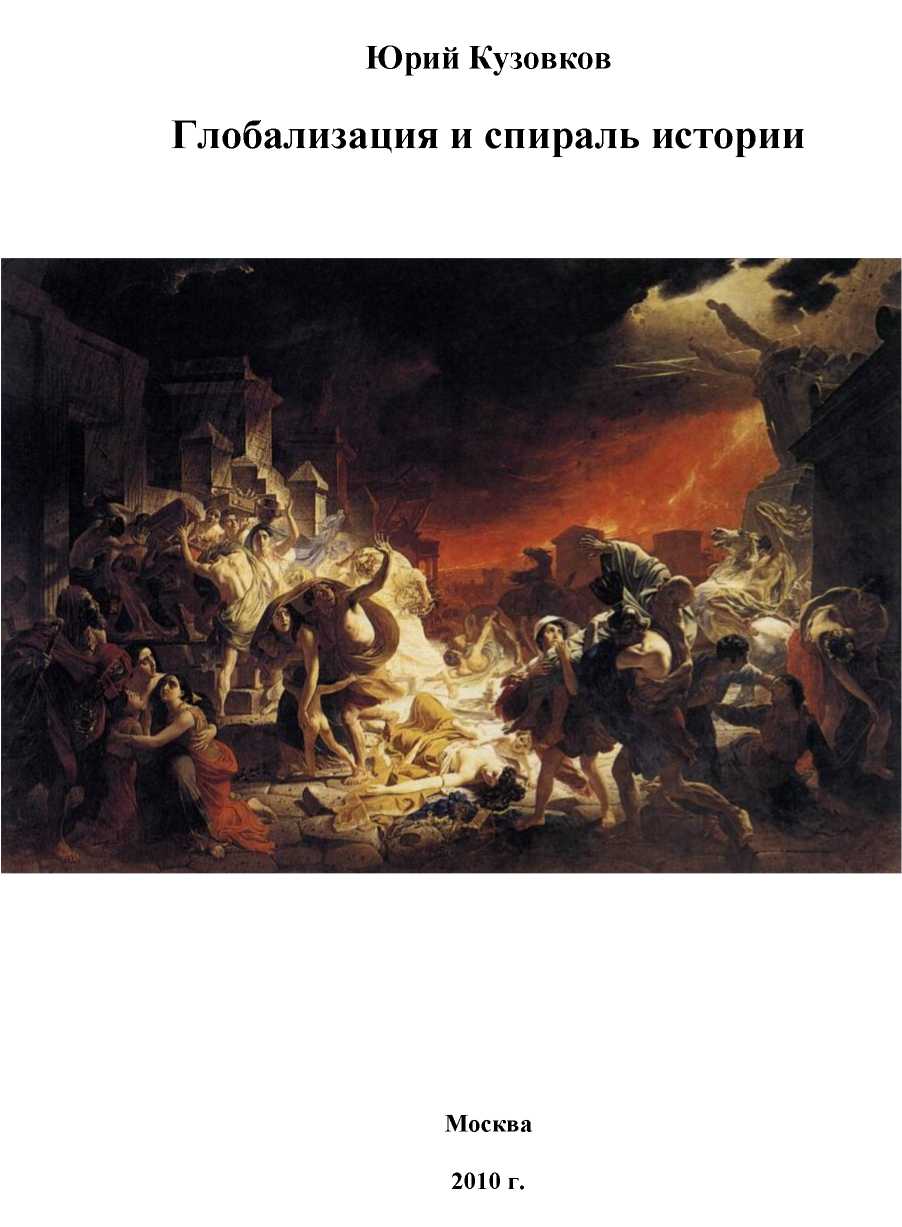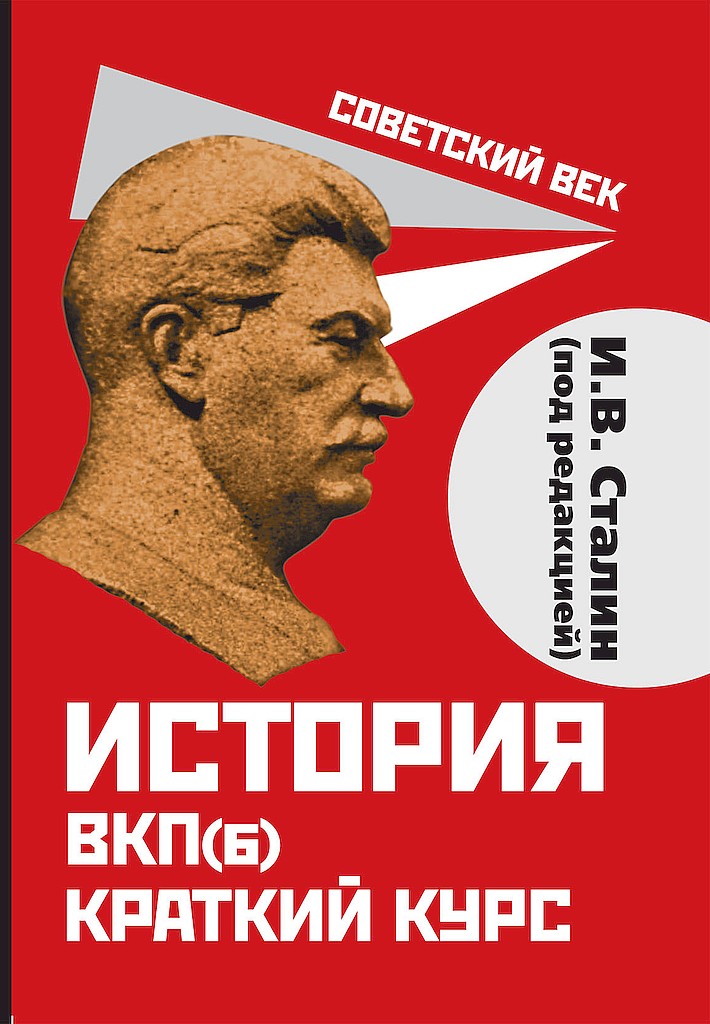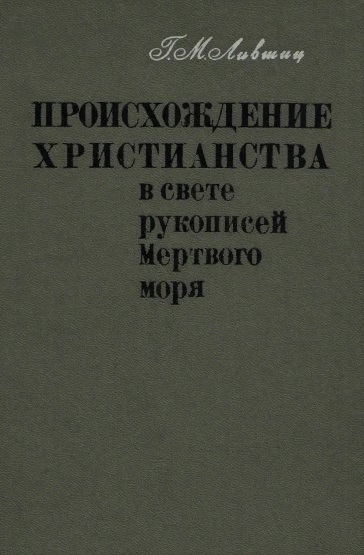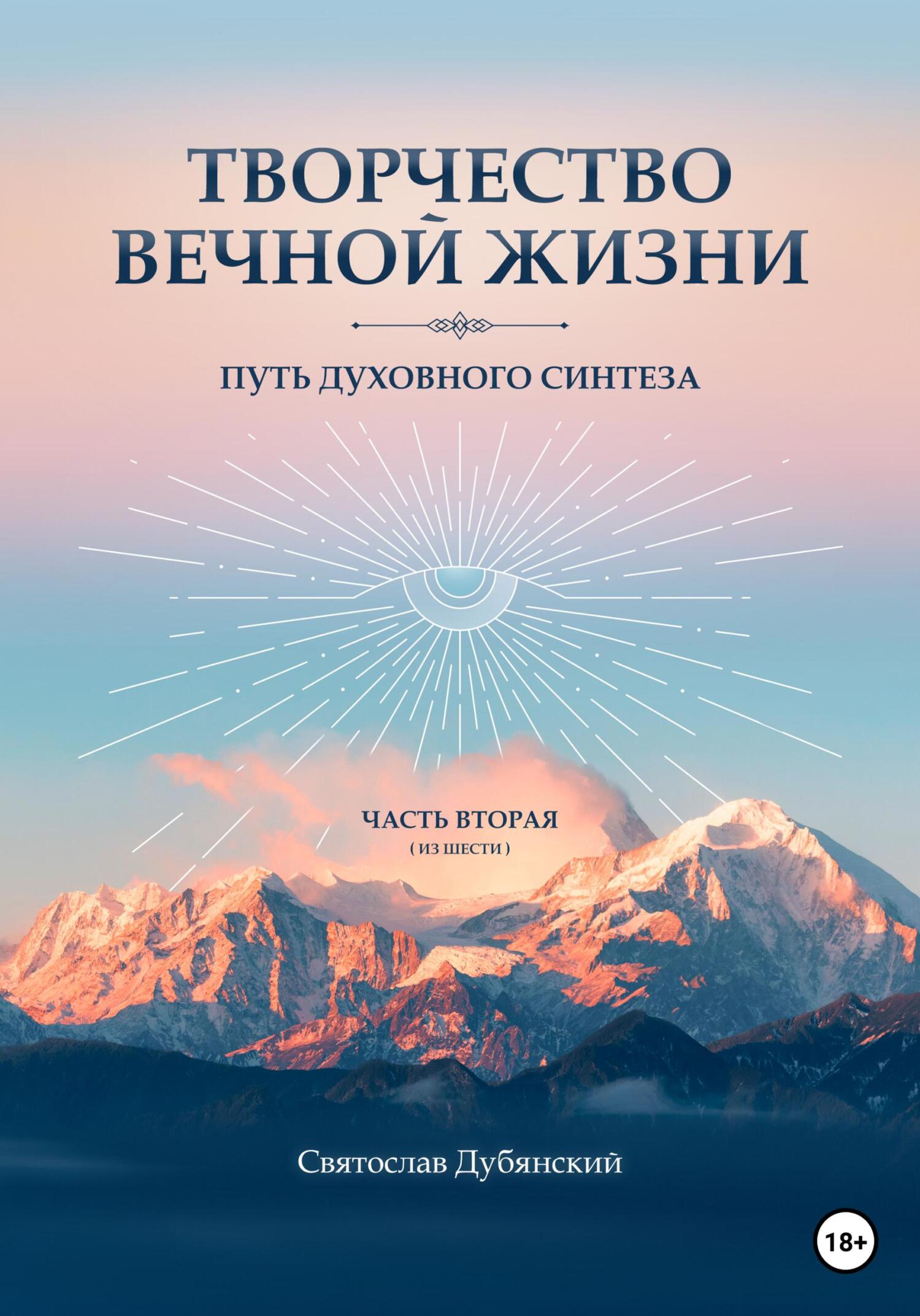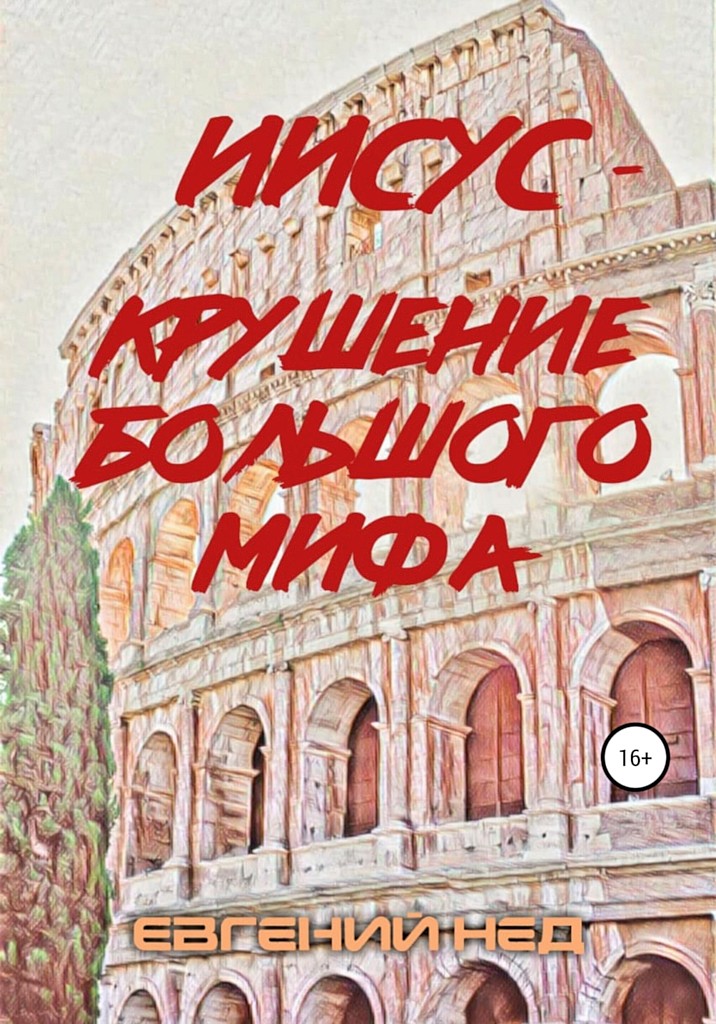Книга Пророчества книги Даниила: происхождение, история экзегетики, толкование. Царство святых Всевышнего и мировая история - Игорь Александрович Бессонов
На нашем литературном портале можно бесплатно читать книгу Пророчества книги Даниила: происхождение, история экзегетики, толкование. Царство святых Всевышнего и мировая история - Игорь Александрович Бессонов полная версия. Жанр: Книги / Разная литература. Онлайн библиотека дает возможность прочитать весь текст произведения на мобильном телефоне или десктопе даже без регистрации и СМС подтверждения на нашем сайте онлайн книг knizki.com.
Шрифт:
-
+
Интервал:
-
+
Закладка:
Сделать
Перейти на страницу:
Перейти на страницу:
Внимание!
Сайт сохраняет куки вашего браузера. Вы сможете в любой момент сделать закладку и продолжить прочтение книги «Пророчества книги Даниила: происхождение, история экзегетики, толкование. Царство святых Всевышнего и мировая история - Игорь Александрович Бессонов», после закрытия браузера.
Книги схожие с книгой «Пророчества книги Даниила: происхождение, история экзегетики, толкование. Царство святых Всевышнего и мировая история - Игорь Александрович Бессонов» от автора - Игорь Александрович Бессонов:
Комментарии и отзывы (0) к книге "Пророчества книги Даниила: происхождение, история экзегетики, толкование. Царство святых Всевышнего и мировая история - Игорь Александрович Бессонов"




















